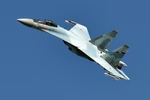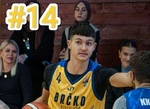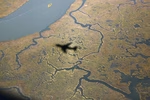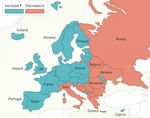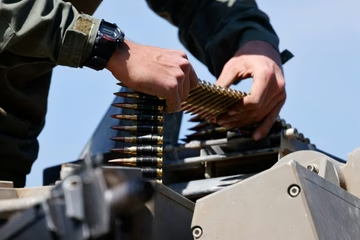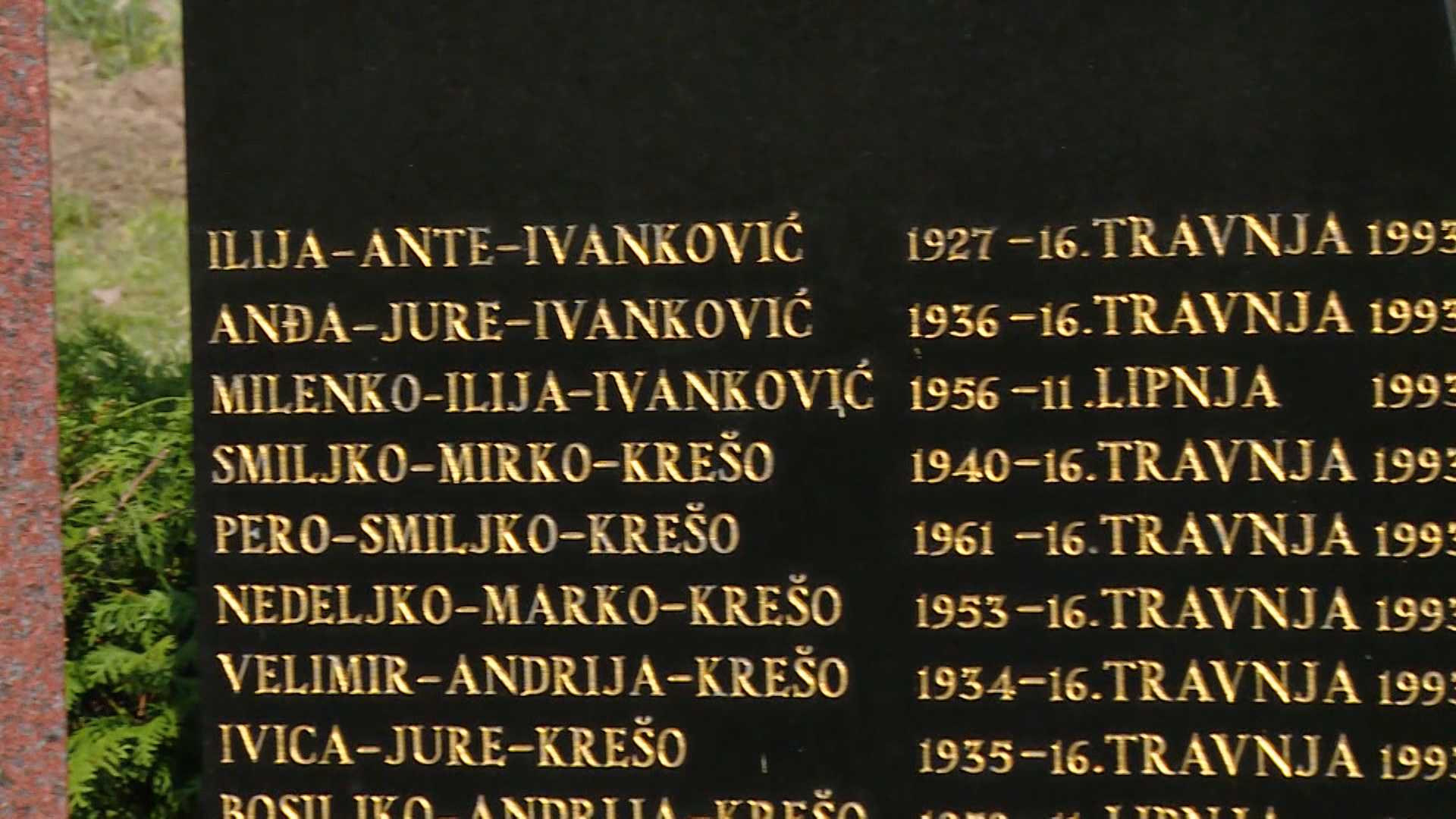
Ivanka and Marica rarely visit their family house in the central Bosnian village of Trusina after members of the Army of the Republic of Bosnia and Herzegovina massacred 22 Bosnian Croats on April 16th, 1993.
The crime in Trusina took place during the morning hours when members of the special unit ‘Zulfikar’ entered the village and killed four members of the Croatian Defence Council (HVO) and 18 civilians.
The oldest victim was 75 years old, while the youngest was 21.
Ivanka and Marica lived in their house in Trusina for nearly 20 years. Today, that house is abandoned, nearly collapsed and overgrown with grass and bushes.The village is deserted for 26 years already and it never recovered from the crimes that were committed there.
The two women lost several family members in the massacre.
“My uncle died here in the house. He was set ablaze, and it is very difficult for our family that there is no grave for him to this day,” Ivanka Puljic told N1.
Every year, those who used to live in Trusina and others who empathise with the victims of the crimes committed there mark April 16th.
On the same day when the crimes in Trusina took place, another massacre occurred in the central village of Ahmici - except that there, it was members of the HVO who massacred 116 Bosniak civilians.
“We want to say that we never forgot them and for the coming generations (we want) that no war crime to ever happen anywhere. That should be a good history lesson for us all, both Trusina and Ahmici,” said Dragica Tomic, the head of an association of Bosnian Croat victims in the nearby town of Konjic.
“There is no justice on any side. If things were done the way they are supposed to, if it would be examined the way it should and if the truth would be told about what happened, then it would be fine. But like this, there is no (justice) for any side,” said Mara Kreso, another former resident of Trusina.
Ruzica Boric told N1 what life was like in her village before the war.
“It was a normal life, we were all ‘mixed’. Both Croats and Muslims, we went to school together, children would hang out with each other, so did seniors, all until the day when the ‘lightning struck’,” she said, referring to the massacre.
Local priest Darko Kreso marks April 16th every year.
“The sorrow and the pain for one’s loved ones are always hard, too hard, but it is up to us, who survived, to remember, to pray for them and send off messages of peace and coexistence,” Kreso said.
Meanwhile, activists from Bosnia’s Youth Initiative for Human Rights (YIHR) gathered in front of Sarajevo’s Sacred Heart Cathedral to mark the anniversary of both the Trusina and the Ahmici massacres.
“Our goal is to remind of every war crimes that took place in Bosnia and Herzegovina. We want to influence the youth to lose their ‘labels’ and just see it as the killing of people, mothers, children,” said Nadira Curulija, one of the activists.
“In order to face the past, it is important to know about it. There are many people who don’t know about these crimes which we should all know about in order to improve the future both for us and our children,” said another YIHR member, Ali Mahmutcehajic.
Bosnia’s State Court sentenced Nihad Bojandzic to 15, Edin Dzeko to 13, Rasema Handanovic to five, Mensur Memic to ten and Nedzad Hodzic to 12 years behind bars for the Trusina massacres.
Two others, Dzevad Salcin and Senad Hakalovic, were acquitted.

Kakvo je tvoje mišljenje o ovome?
Učestvuj u diskusiji ili pročitaj komentare





 Srbija
Srbija
 Hrvatska
Hrvatska
 Slovenija
Slovenija















